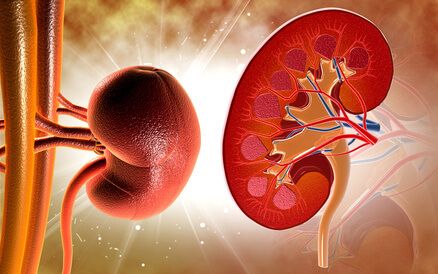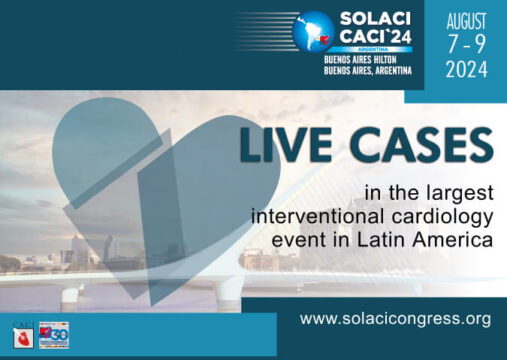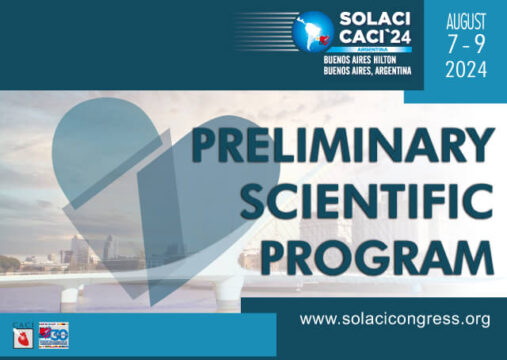Background: To evaluate whether the administration of eplerenone 24 hours after an acute myocardial infarction (AMI) in patients without heart failure reduces mortality and cardiovascular morbidity.
Methods and results: The study randomized 612 patients to evaluate the safety and efficacy of early treatment with eplerenone in patients with AMI. The primary end point was a composite of cardiovascular mortality, re-hospitalization, prolonged hospitalization due to heart failure, sustained ventricular tachycardia or ventricular fibrillation, left ventricular ejection fraction (LVEF) less than 40% one month after randomization or high levels of B-type natriuretic peptide (BNP) one month after randomization. After a median follow-up of 10.5 months, there was a reduction in the primary end point, (29.6% versus 18.4% esplerenona/placebo, p <0.0001). This benefit is mainly due to the reduction in BNP. There was no difference between the groups in the incidence of hypercalcemia.
Conclusions: This study shows that treatment with eplerenone, compared with a placebo, provides an additional benefit when started a maximum of 24 hours after the onset of symptoms in patients with ST segment elevation with acute myocardial infarction but without ventricular dysfunction.
Gilles Montalescot
2013-03-12
Original title: Early Eplerenone Treament in Patients with Acute ST-Elevation Myocardial Infarction Without Heart Failure: Results of the Randomized, Double-Blind, Placebo-Controlled REMINDER Trial.





